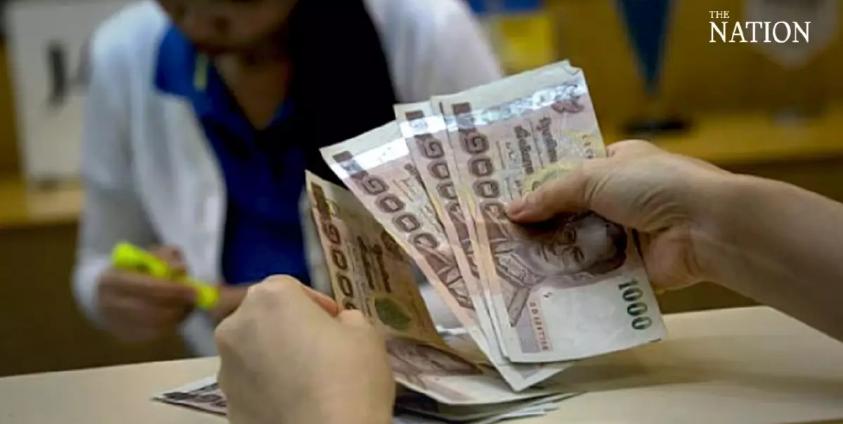The Thai Baht has been designated by the Military Council as a currency for both international payments and account clearing.
On August 14, the Central Bank issued a directive allowing the use of Thai Baht in Authorized Dealer-AD licensed banks that engage in foreign currency transactions, with the purpose of simplifying international payments and facilitating account clearing processes.
"We appreciate the transition to the Thai baht for international payments. It's a smoother process compared to dealing with the fluctuating dollar exchange rate as we did before. Given the declining value of the Myanmar Kyat, we anticipate its impact on the Thai-Myanmar currency exchange market," stated a local border trader in Myawaddy.
According to sources close to the Central Bank, the decision to adopt the Thai Baht for international payments serves the dual purpose of replacing the dollar and responding to the sanctions imposed by Singaporean banks on businesses associated with the Military Council.
"The decision to adopt the Thai baht as a replacement for the dollar in international payments and clearing accounts is a response to the escalating economic sanctions, and sanctions imposed by Singapore on businesses within the country. This designation positions the Thai baht as a preferred foreign currency," revealed a source with insights into the Central Bank's proceedings.
At present, there has been a notable rise in the value of the Thai Baht when exchanged with the Myanmar currency. Since August 15, the exchange rate has been approximately 103 Myanmar Kyats per Thai Baht.
Currently, sources near the border trade centers have reported that areas such as Dawei-Htee Khee border trade zone, Mawtaung border trade zone, and Tachileik-Mae Sai border trade zone along the Thai-Myanmar border have begun adopting the Thai Baht for payment transactions.
"At present, Dawei-Htee Khee and Mawtaung have commenced trading using Thai currency. In Tachileik-Mae Sai, we are informed that payments in Thai currency will begin within a week," shared an individual familiar with the operations of the Dawei-Htee Khee border trade zone.
Since November 2022, following the coup d'état and the subsequent international sanctions against the Military Council, there has been a change in the international currency payments. The shift involves moving away from the US dollar, with Chinese yuan, Indian rupee, and Bangladeshi Taka being considered as alternatives.








